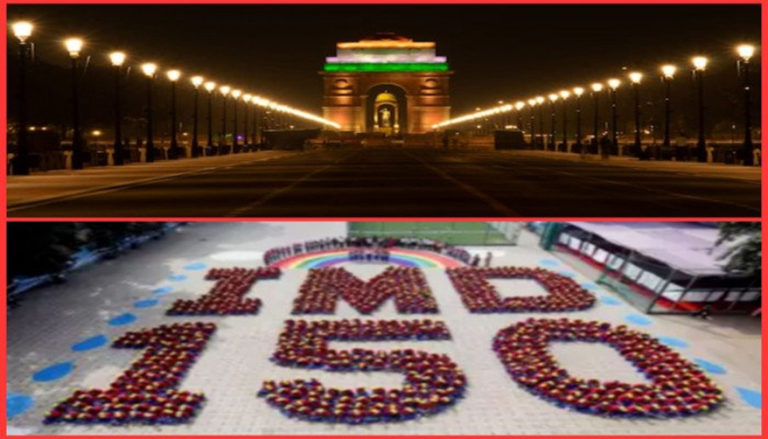In a significant milestone for India’s private space industry, Agnikul Cosmos successfully launched its SOrTeD mission, a single-stage launch vehicle demonstration powered by a semi-cryogenic 3D-printed engine.
Agnikul Cosmos Launches World’s 1st Rocket With Fully 3D-Printed Engine
In a significant milestone for India’s private space industry, Agnikul Cosmos successfully launched its SOrTeD mission, a single-stage launch vehicle demonstration powered by a semi-cryogenic 3D-printed engine.
The mission, which lasted approximately two minutes, marked a major achievement for the company and the country in the development of indigenous space technology.
ISRO congratulated the Chennai-based space start-up, terming the launch “a major milestone”.
The mission featured a 6.2-meter-tall single-stage launch vehicle with an elliptical nose cone and was equipped with advanced avionics architecture and autopilot software developed in-house. The Agnilet engine, the world’s first single-piece 3D-printed semi-cryogenic rocket engine, powered the vehicle. The mission included a series of precise manoeuvres, including a pitch-over manoeuvre and wind biasing, before splashing down in the Bay of Bengal.
The successful launch of SOrTeD marks a significant step forward for Agnikul Cosmos, which is targeting the multi-billion-dollar small satellite launch market. The mission’s data will help fine-tune the development of the Agnibaan launch vehicle, which is expected to be highly customizable and capable of carrying a 300kg payload to a 700km orbit.
Agnikul Journey
The desi startup was incubated at National Centre for Combustion Research and Development on premises of IIT-Madras. Founded in 2017 by IIT graduates Srinath Ravichandran, Moin S P M and professor S R Chakravarthy, Agnikul aimed to make space accessible and affordable and aspired to support PM Narendra Modi’s vision of enabling building of Atmanirbhar Bharat. The startup began its space journey with a seed funding of Rs 3 crore with an aim to build and launch its first rocket in 2021 and develop the ability to provide launch service for satellites weighing up to 100kg.
Till the end of 2020, the company was able to raise almost $4 million. In Oct 2023, Agnikul received a financial boost when it raised $26.7 million in a Series B funding round, bringing the total capital raised since its inception to $40 million. After four unsuccessful attempts, Agnikul achieved a historic milestone on Thursday when it was finally able to launch the world’s first 3D printed rocket engine.











